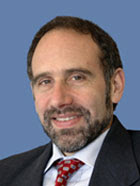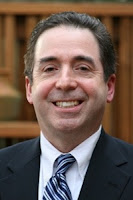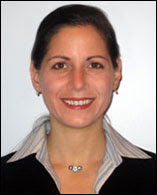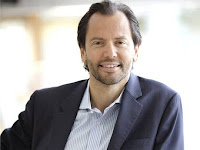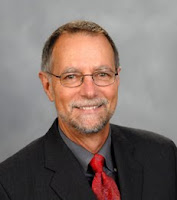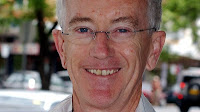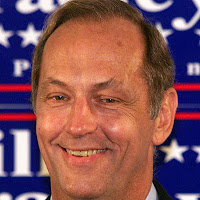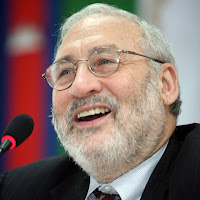Sanford Levinson compares the U.S. Constitution to the constitutions of the 50 states and argues that in many ways the state constitutions are better. Professor Levinson teaches at School of Law of University of Texas at Austin.
He challenges our beliefs that the most important features of our constitutions concern what rights they protect. Instead, he focuses on the fundamental procedures of governance such as congressional bicameralism and the selection of the President by the electoral college, or the dimensions of the President's veto power. He mentions the near impossibility of amending the United States Constitution. These seemingly permanent structures contribute to the now almost universally recognized dysfunctionality of American politics.
Source: Framed: America's Fifty-One Constitutions And The Crisis Over Governance
The King's Speech by King George VI
Hear the original King's Speech delivered by King George VI on September 3, 1939.
Source: The King's Speech
Download or Play The Crisis Over Governance Part 1
Download or Play The Crisis Over Governance Part 2
Download or Play The Crisis Over Governance Part 3
Download or Play The King's Speech
Music includes Roy Zimmerman - Real America, Martin Luther King Aug 1963, Joan Baez - One Tin Soldier, John Kennedy 1963, David Rovics - Operation Iraqi Liberation, Judy Collins - Amazing Grace, Stevie Wonder - Superstition, Louis Armstrong - Mack the Knife, Herb Alpert - Besame mucho, Frank Sinatra - My Way
Great Speeches and Interviews' Past Programs
He challenges our beliefs that the most important features of our constitutions concern what rights they protect. Instead, he focuses on the fundamental procedures of governance such as congressional bicameralism and the selection of the President by the electoral college, or the dimensions of the President's veto power. He mentions the near impossibility of amending the United States Constitution. These seemingly permanent structures contribute to the now almost universally recognized dysfunctionality of American politics.
Source: Framed: America's Fifty-One Constitutions And The Crisis Over Governance
The King's Speech by King George VI
Hear the original King's Speech delivered by King George VI on September 3, 1939.
Source: The King's Speech
Download or Play The Crisis Over Governance Part 1
Download or Play The Crisis Over Governance Part 2
Download or Play The Crisis Over Governance Part 3
Download or Play The King's Speech
Music includes Roy Zimmerman - Real America, Martin Luther King Aug 1963, Joan Baez - One Tin Soldier, John Kennedy 1963, David Rovics - Operation Iraqi Liberation, Judy Collins - Amazing Grace, Stevie Wonder - Superstition, Louis Armstrong - Mack the Knife, Herb Alpert - Besame mucho, Frank Sinatra - My Way
Great Speeches and Interviews' Past Programs



